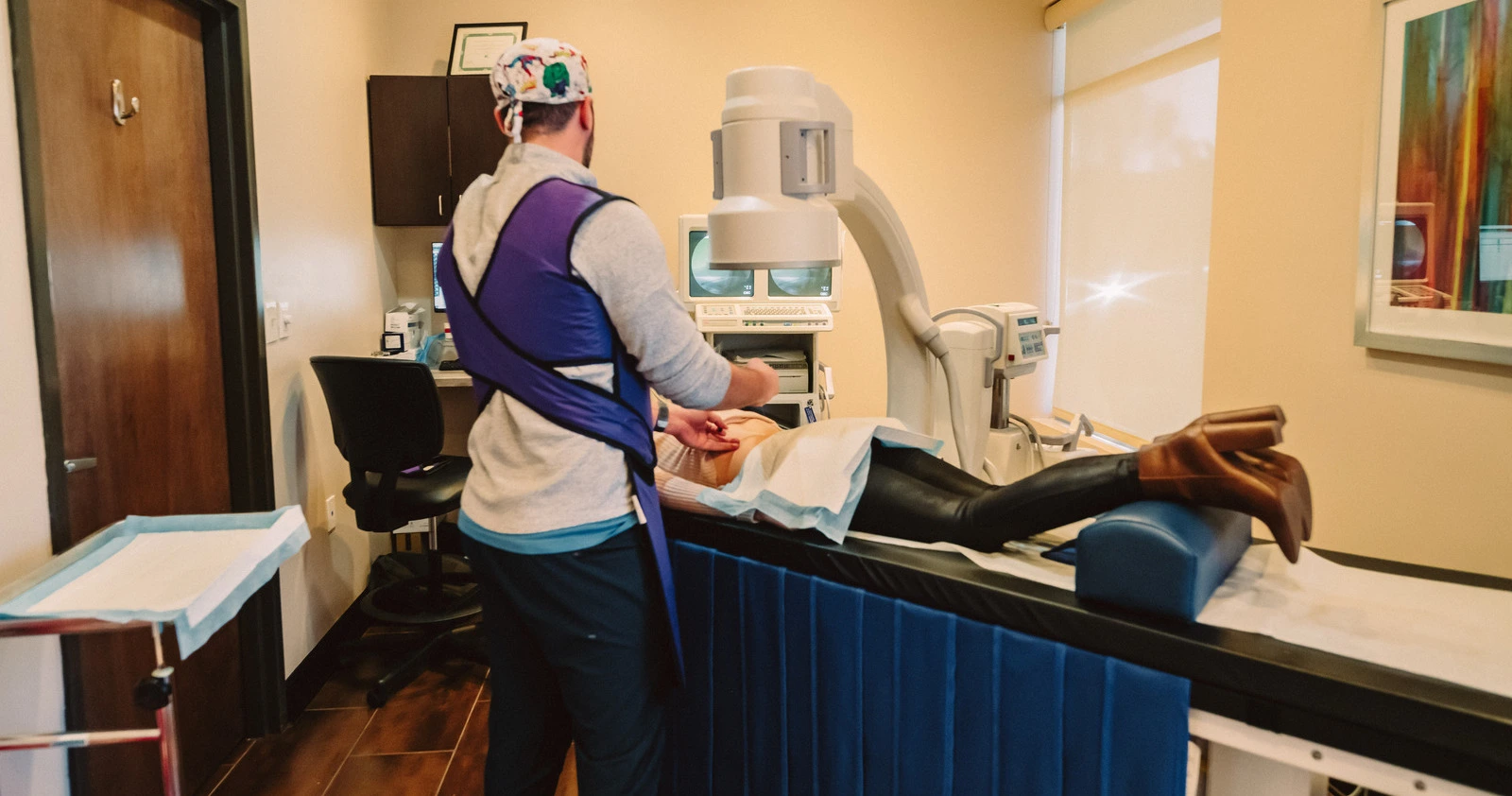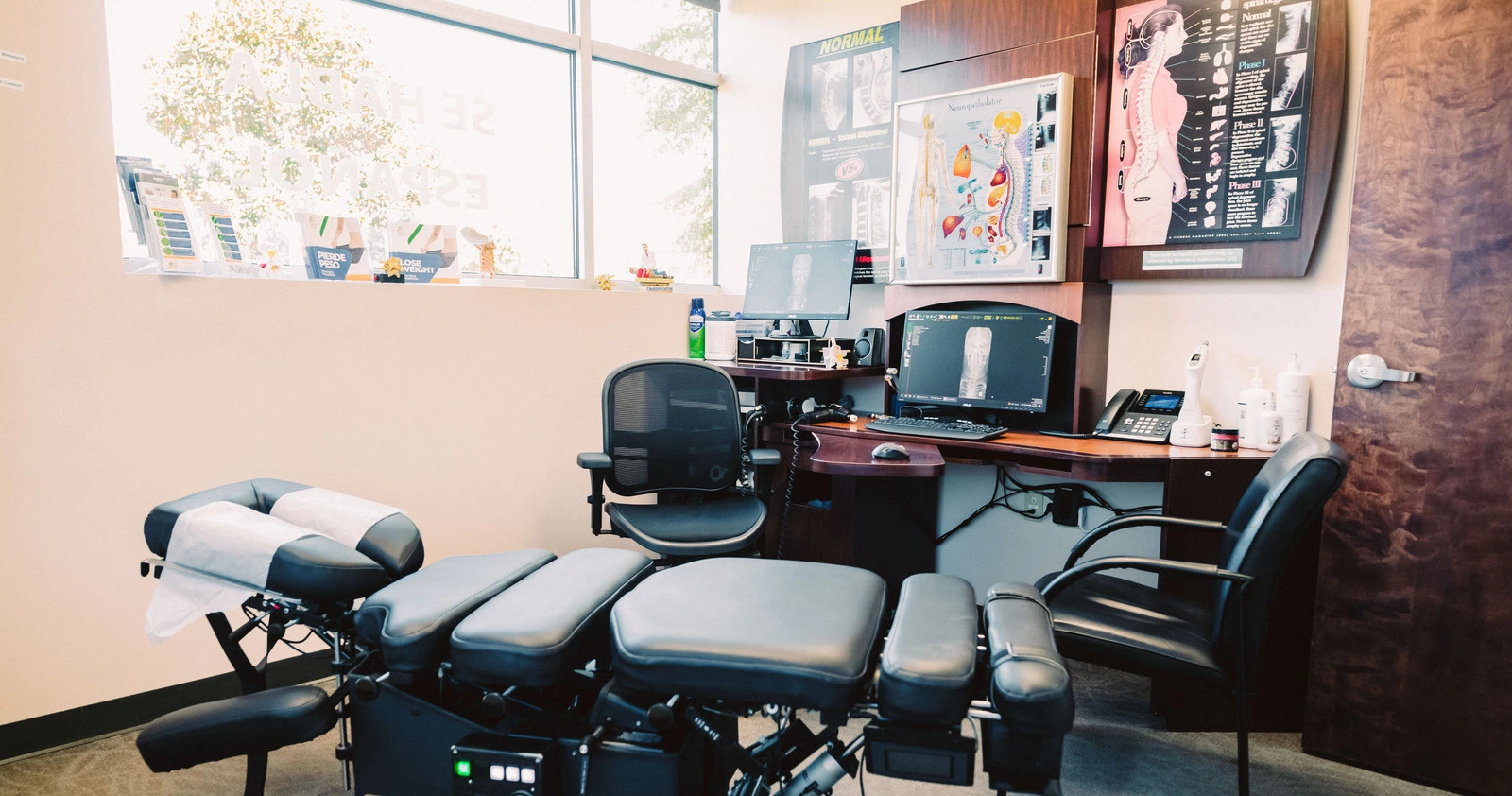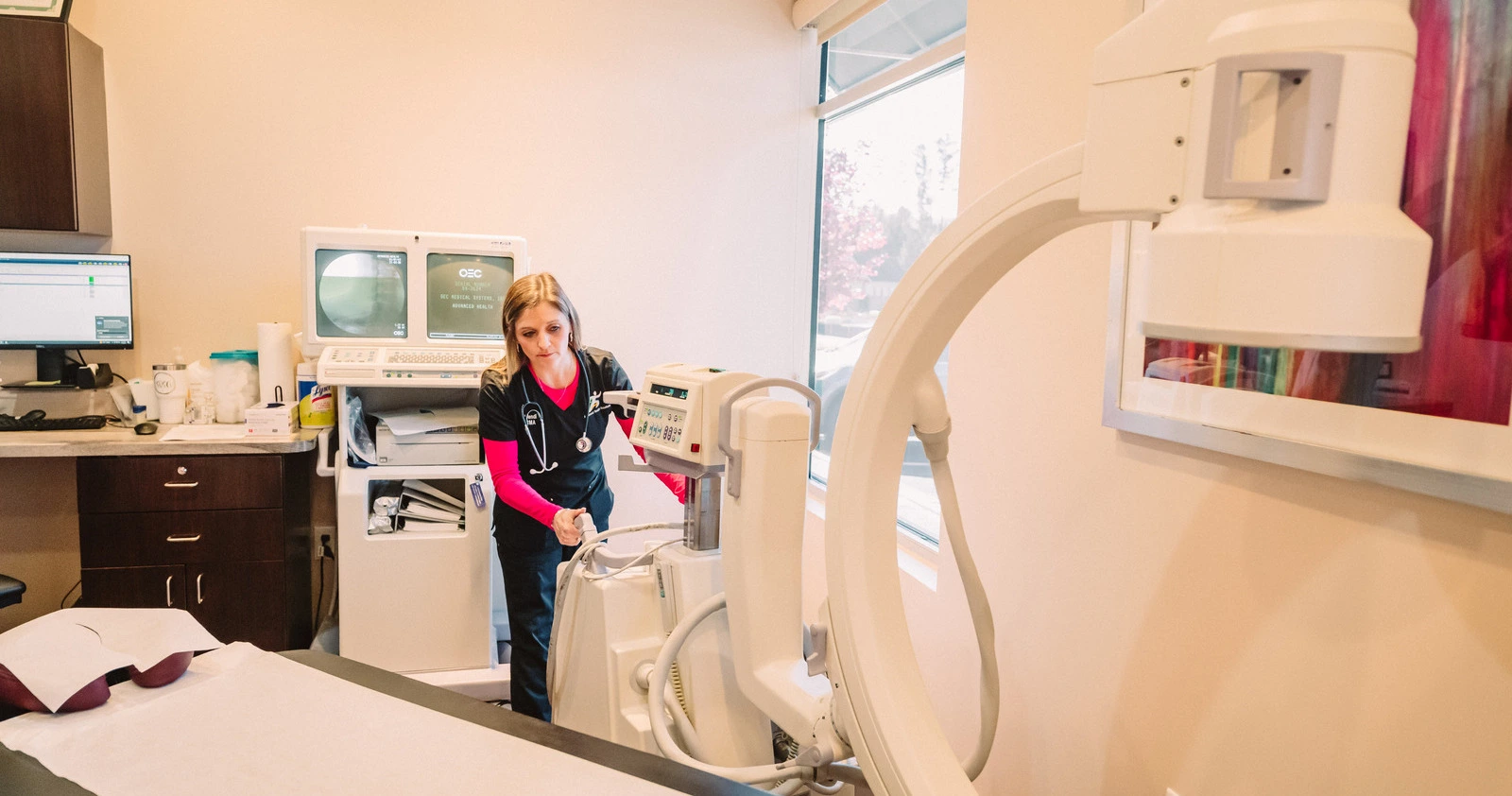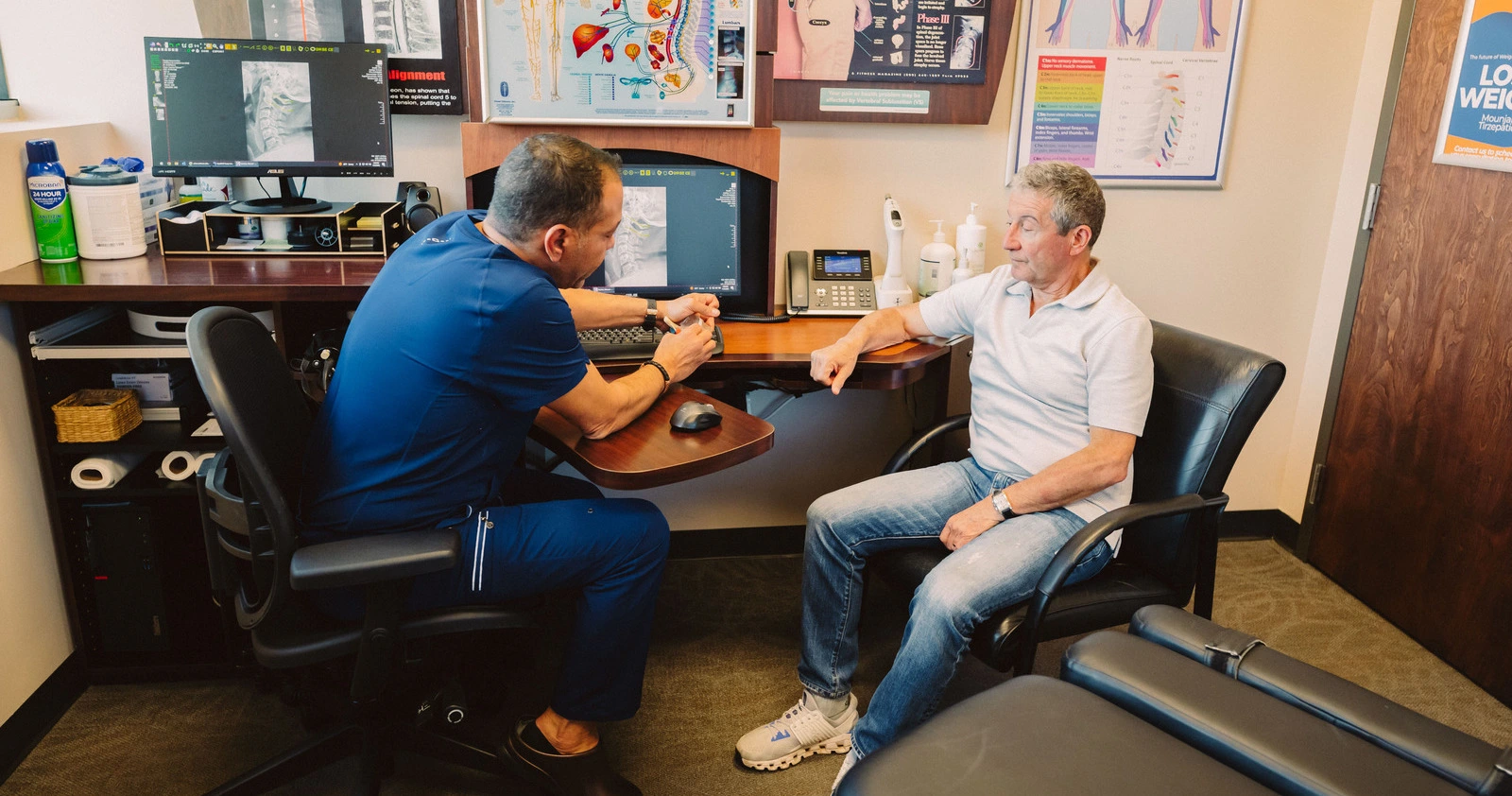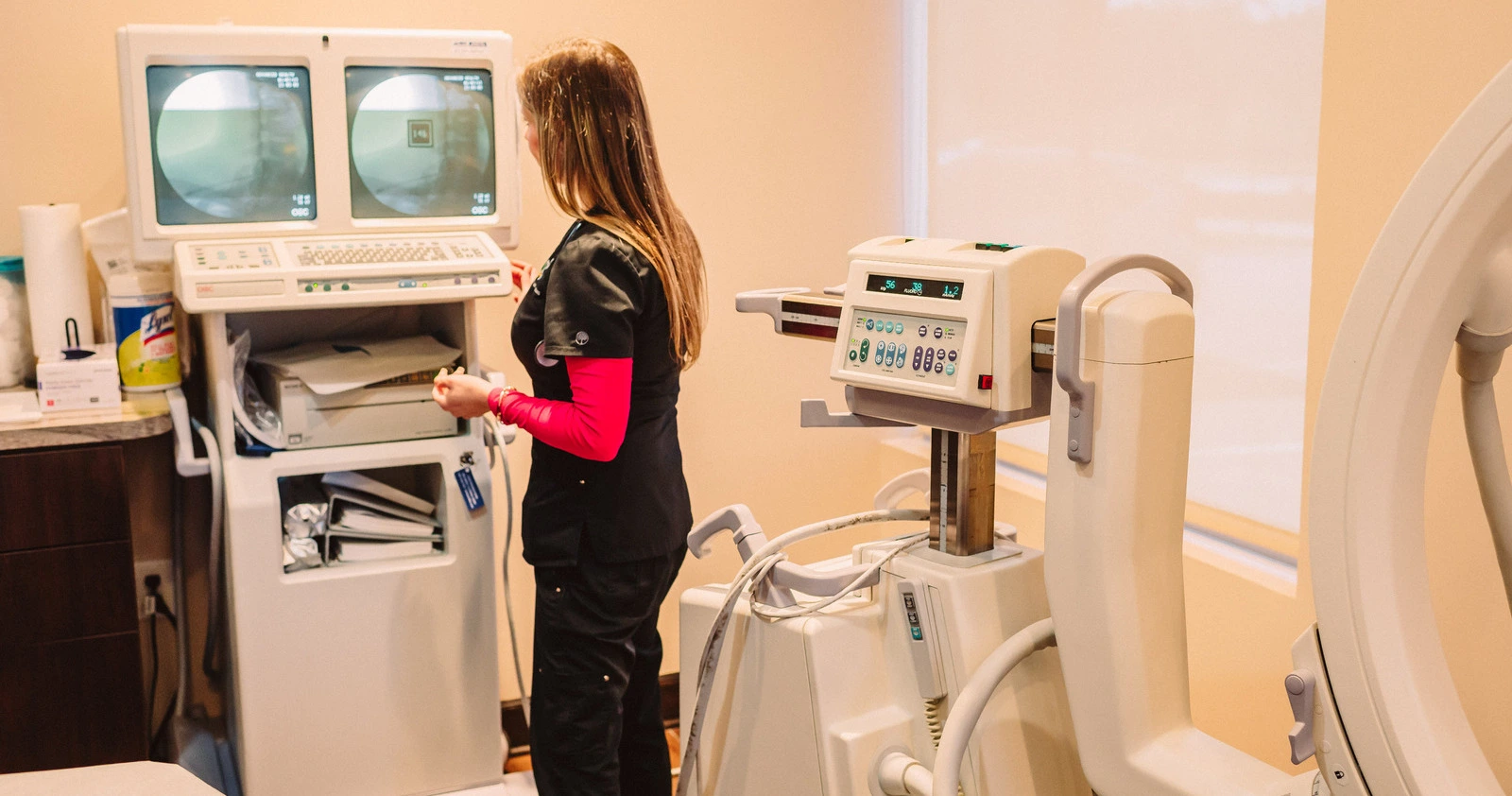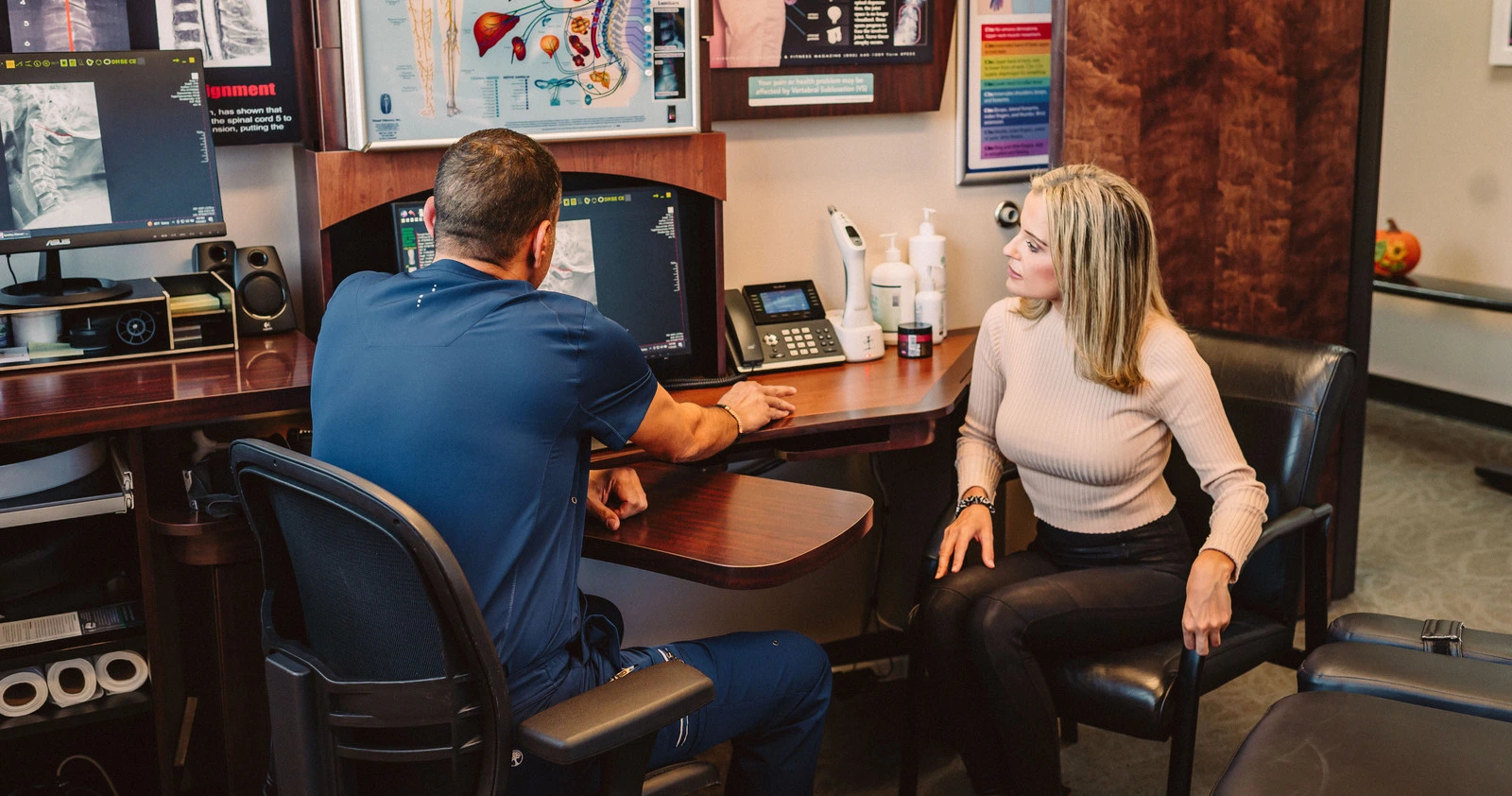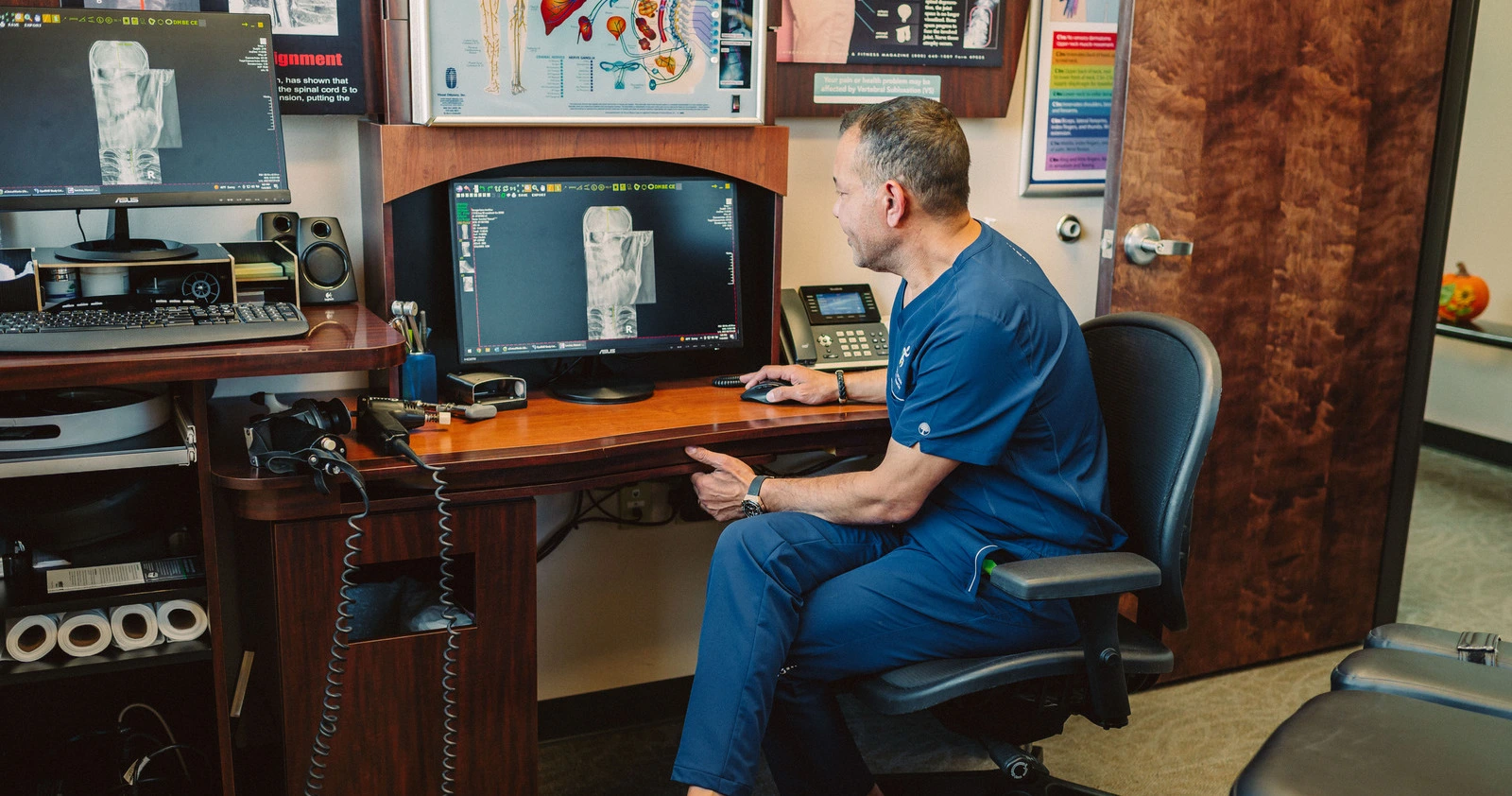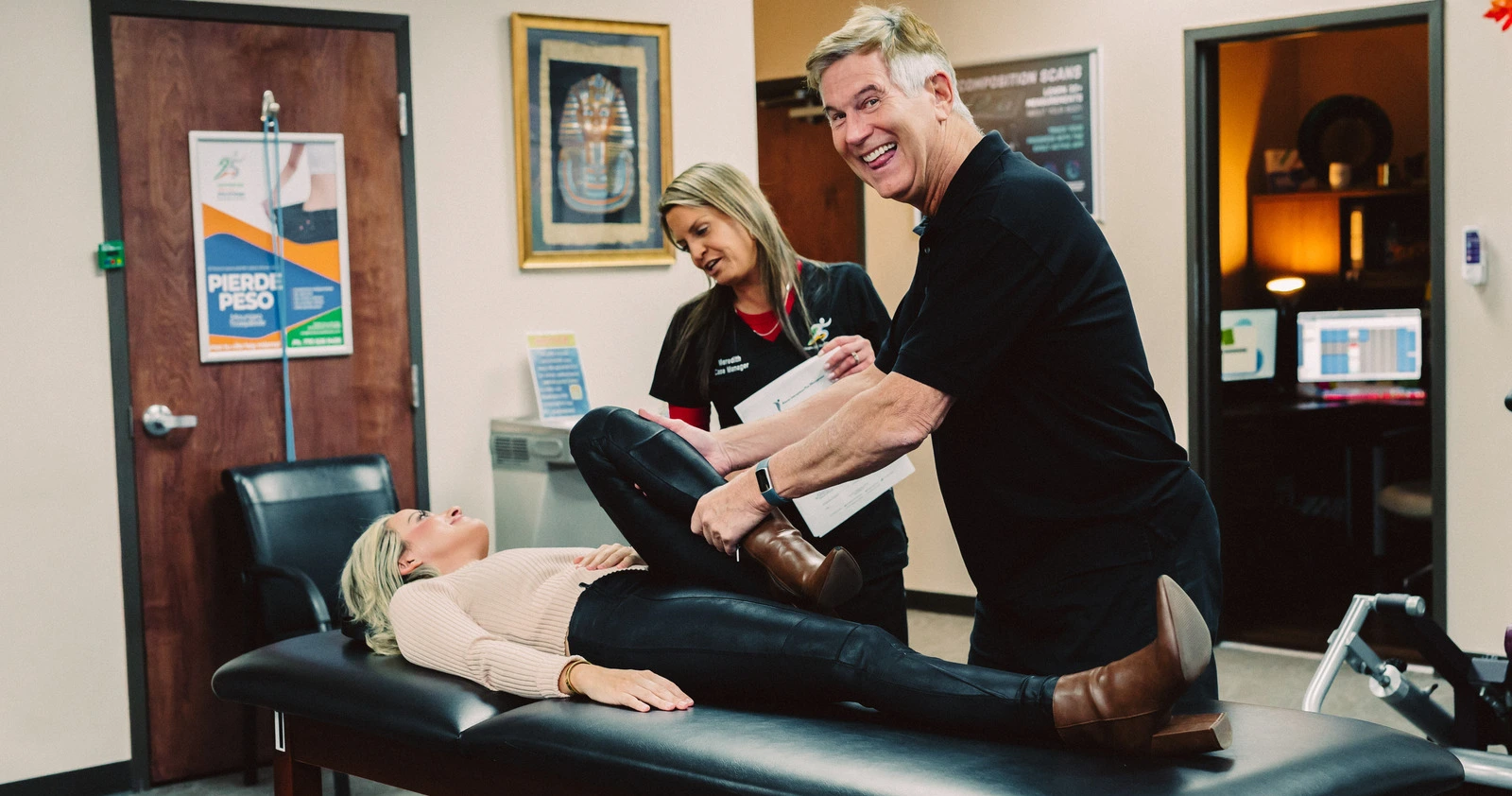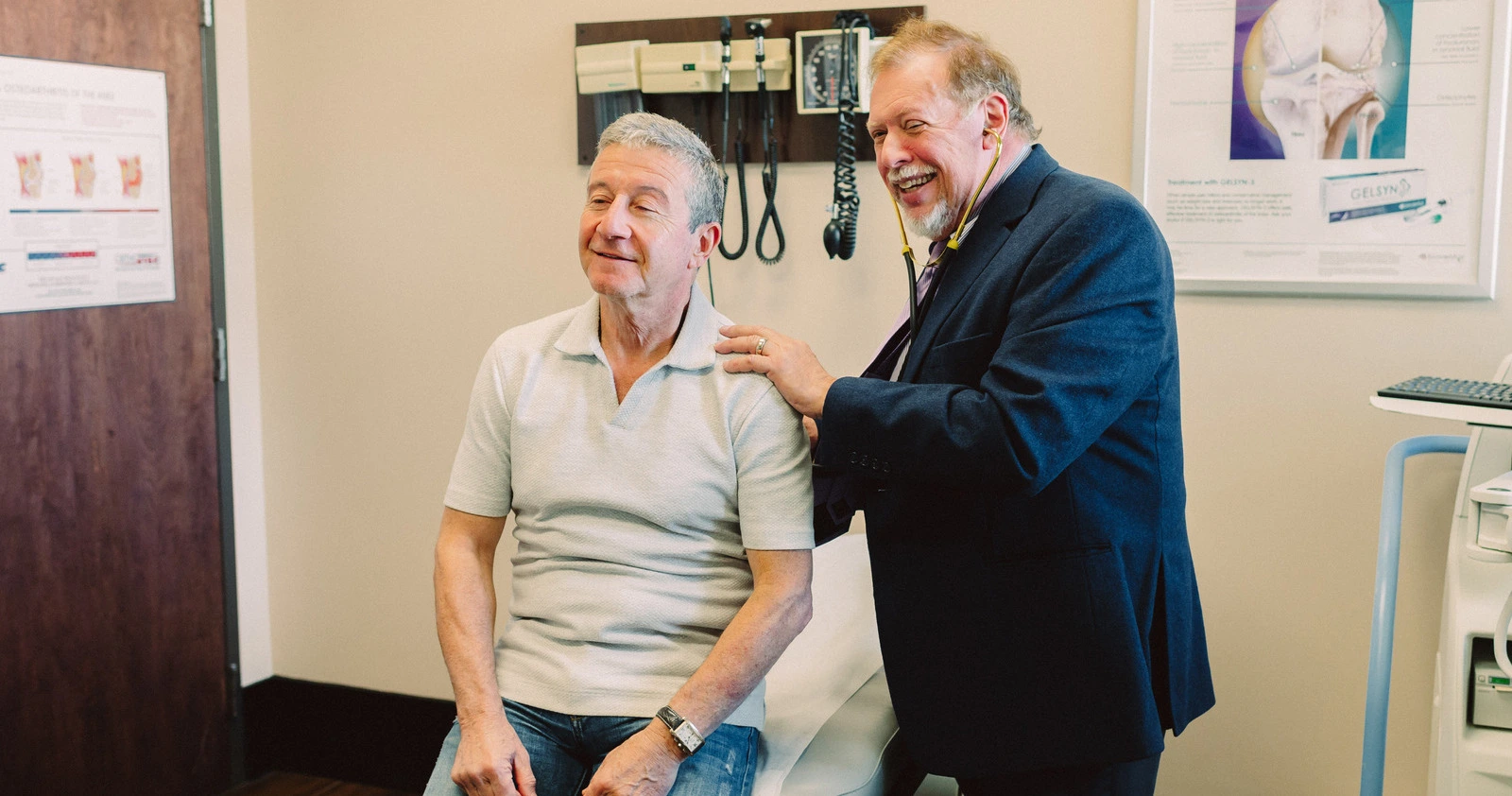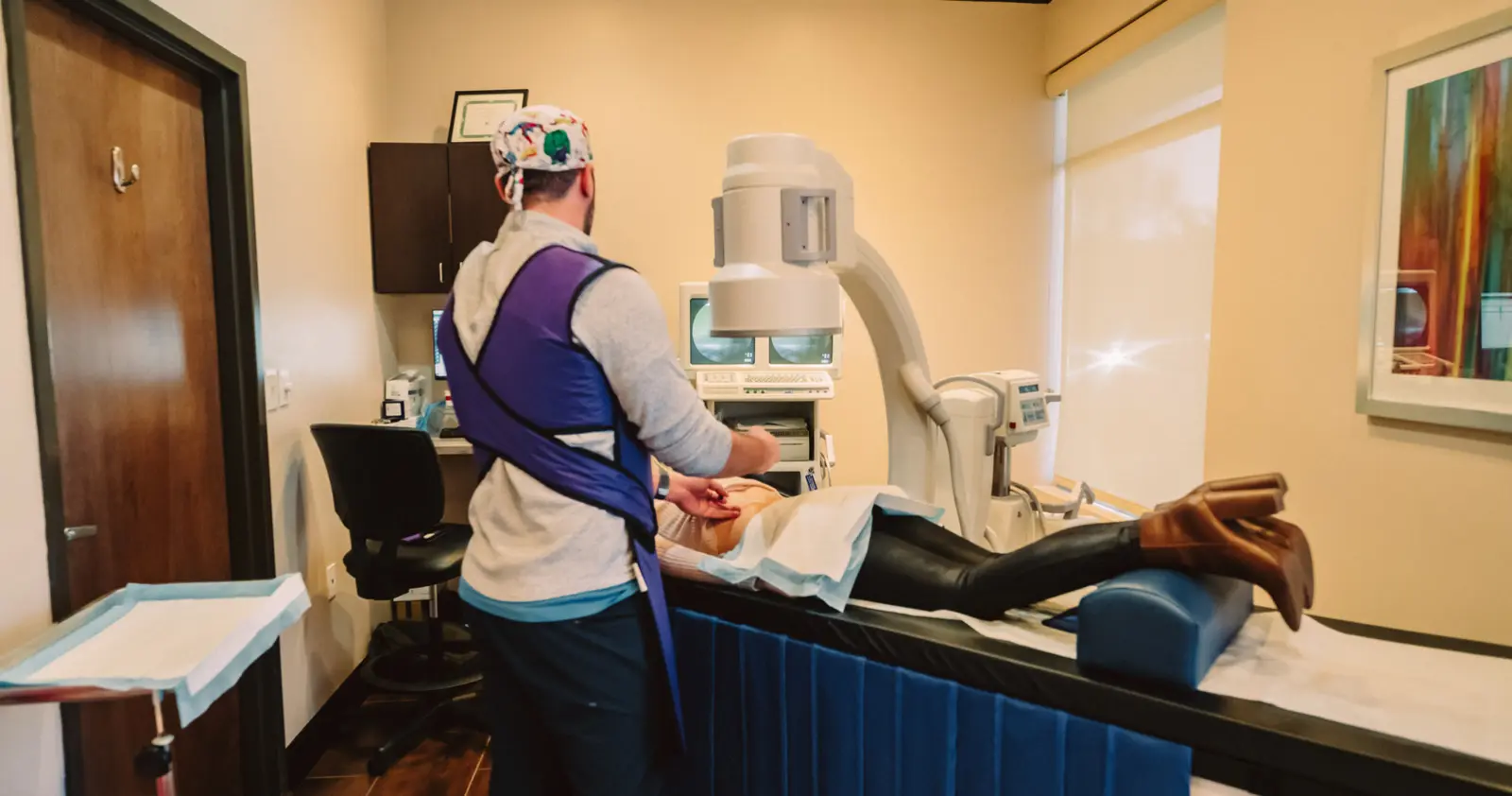Food Allergy Testing – What You Need To Know
We all know that we must eat to survive. That said, it is quite unfortunate that not everyone eats all varieties of foods, due to body’s unpleasant reaction to particular food(s). That’s where food allergy testing can help.
A food allergy happens when the body mistakes a particular food protein as being potentially dangerous to the body, and in response, it triggers a full-on attack. The symptoms of the resulting food allergy can range from mild rashes, itching, swelling and hives to harsh anaphylactic reactions including:
• Swelling of the tongue and throat
• Labored breathing
• Dizziness
• Abdominal cramps
• Mental confusion
• Wheezing
• Vomiting
• Unconsciousness
• Blood pressure drop
Food allergy symptoms usually happen between 2 minutes and 2 hours after a food allergy victim has touched, eaten or even breathed in small particles of a food allergen.
What’s Food Allergy Testing?
Food allergy testing involves a blood test or skin prick test for food allergies to determine the existence of any IgE antibodies that the immune system of the body develops to provide protection against the food proteins it believes are harmful.
Once an antibody identifies a particular food allergen, it prompts the body’s release of many combative chemicals that includes histamine into the bloodstream. Therefore, this release brings on the symptoms of food allergy.
A qualified doctor is essential to regulating food allergies successfully and living a healthier and happier life. Dr. Kal and his great team will determine the cause of your allergies and assist you to manage your life with the food allergy.
The existence of the IgE antibodies cannot predict a food allergy reaction; therefore, the results are used along with the crucial information which your allergist will request, like the results of a food challenge test and food elimination diet and your history of the suspected food allergy symptoms.
A food elimination diet entails the removal of any suspected ingredients or foods from your diet and observing keenly to find out if your symptoms disappear. A controlled food challenge usually is a double-blind, placebo-controlled test whereby your doctor will offer you a small quantity of the suspected food and monitor closely for any food allergy symptoms.
The most common food allergies include peanuts, tree nuts, milk, shellfish, fish, soy, eggs, wheat, etc. They account for 90% of all food allergy reactions in the United States. However, it’s also quite likely to be allergic to any food.
Types of Food Allergy Testing
When you visit us at Advanced Health Solutions Georgia Spine & Disc, our allergist will recommend one of the following tests to find out which foods trigger your allergic reaction:
• Oral Food Allergy Challenge – Considered as an effective way to diagnose your allergy to particular foods, the oral food allergy challenge involves eating various foods which can cause an allergic reaction. Your doctor will then monitor your reaction to such foods.
• Elimination Diet – It involves avoiding eating any foods that are suspected to be a cause of your allergic reactions and watching keenly to see if the symptoms disappear. If you eat the same food again and the symptoms show up, it is a clear indication that the particular food is the cause of your allergies.
• Skin Tests and Blood Test – Skin allergy tests like the patch test, intradermal test and scratch test, and blood tests such as the radioallergosorbent test (RAST) and enzyme-linked immunosorbent assay (ELISA or EIA) are used to diagnose food allergies also.
How Are Food Allergies Tested?
Food allergy testing involves the collection of a blood sample which is submitted to a clinical laboratory for testing. A food sensitivity or food allergies are often associated with an increased level of the serum IgE antibodies against a food allergen.
Therefore, food allergy testing measures the amount of the food allergen available in the blood of the patient. In some instances, IgA and IgG antibodies associated with food sensitivities may be measured as well.
Why Is It Important?
Once a food allergy is established, our doctor will advise you to avoid that specific ingredient or food strictly. You will have to talk with the restaurant chefs or staff, check all food labels or contact different food manufacturers if you are not sure whether a particular product or meal contains an allergen.
Contact Dr. Kal
If you suspect any food allergy affecting you, call Advanced Health Solutions Georgia Spine & Disc today. Dr. Kal leads a team of highly qualified and compassionate doctors, physical therapists and nurse practitioners who’ve years of experience working with the allergy patients in Woodstock, GA area, and the surrounding areas.
To contact Advanced Health Solutions Georgia Spine & Disc, please call (770) 212-3991 today. Our friendly staff would be glad to schedule an appointment for you or answer your questions.


